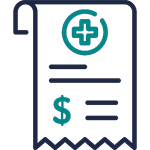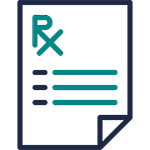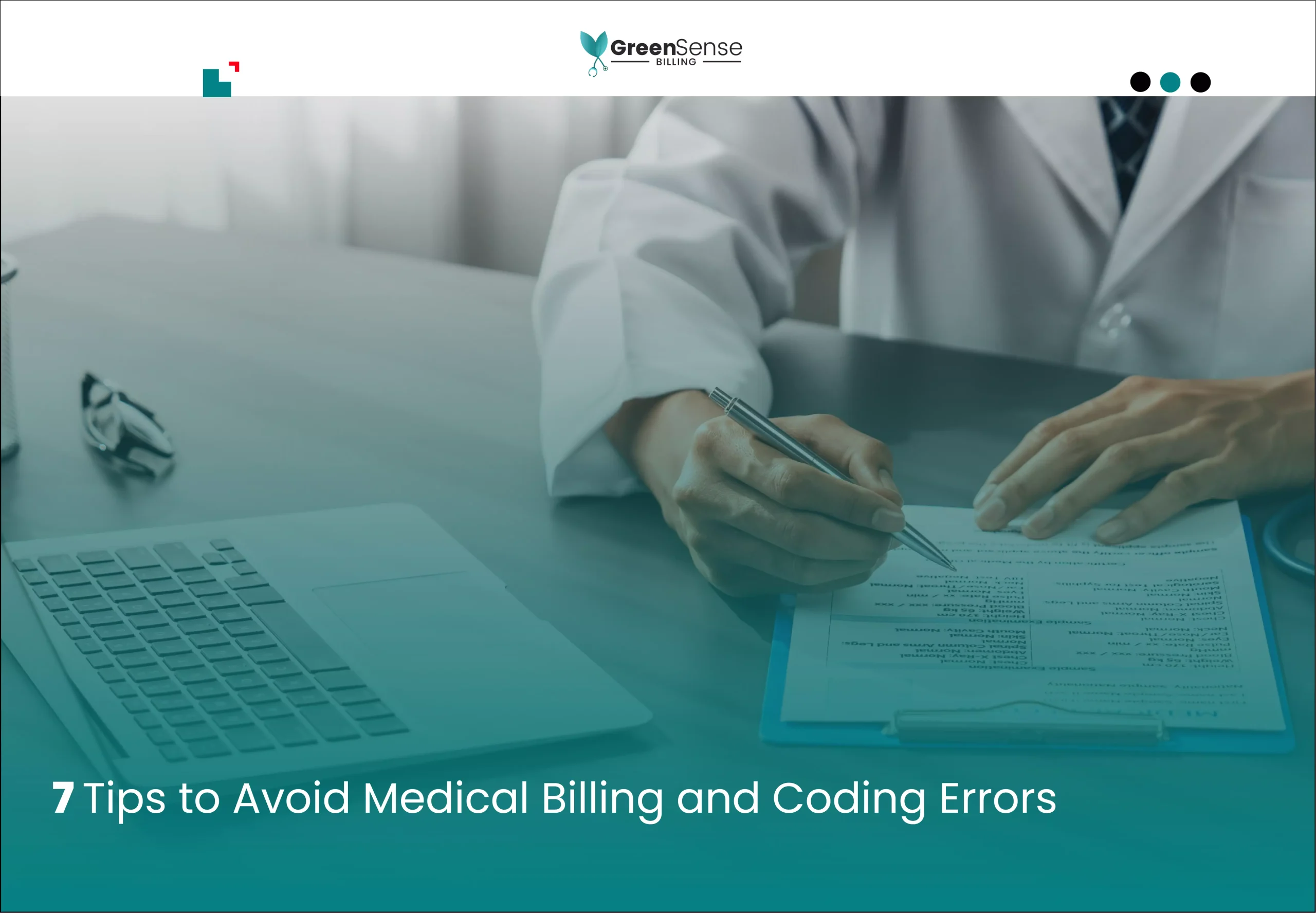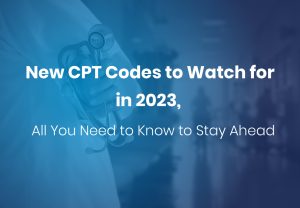Did you know that medical billing and coding errors contribute to an estimated loss of $200 billion annually in the United States healthcare system? This statistic underscores the importance of accurate medical billing and coding practices. Therefore, healthcare professionals need to adopt strategies that can aid them in avoiding coding errors in medical claims, ensuring a seamless revenue cycle, and providing optimal patient care.
In this comprehensive guide, we’ll delve into effective strategies to prevent common medical billing and coding errors, with a focus on accuracy, efficiency, and the financial well-being of healthcare organizations.
Ready to get started? Let’s begin.
Understanding the Financial Impact of Medical Billing and Coding Errors
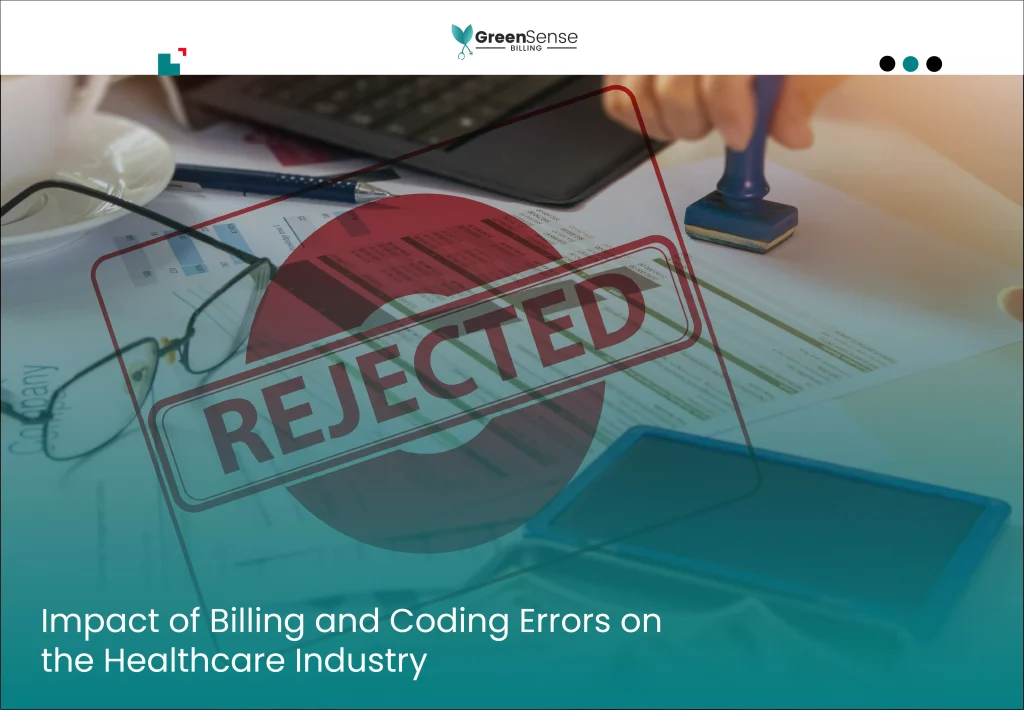
Before we dive right into the strategies and coding techniques for healthcare billing, it is better to understand why they are important. For any healthcare organization, be it private practice or hospital; finances and reimbursement are as important as providing quality patient care. And for finances to be in place, it is necessary to have your claims paid.
In case of unpaid, rejected, or denied claims, practices witness financial losses that get unbearable and sooner or later start affecting patient care. Most of the time, the root causes behind these unpaid claims are medical billing mistakes and coding errors.
As said, medical billing and coding errors often lead to significant financial losses for healthcare providers. Approximately 80% of medical bills contain errors, which can result in claim denials, delays in reimbursement, and administrative burdens. These errors not only strain the revenue cycle but also impact the overall patient experience and deteriorate the reputation of healthcare organizations.
Key Strategies to Prevent Medical Billing and Coding Errors

-
Stay Updated with Coding Guidelines and Regulations
The landscape of medical coding is dynamic, with guidelines and regulations constantly evolving. The adoption of the ICD-10 coding system in recent years further highlights the need for medical coding accuracy. Healthcare professionals must commit to continuous learning and education to remain informed about coding updates. Regular training sessions and seminars ensure that coding teams are equipped with the latest information, reducing the chances of errors.
-
Prioritize Thorough Documentation
Accurate medical coding begins with comprehensive and precise documentation. Proper documentation not only supports the coding process but also contributes to effective communication among healthcare professionals. Detailed records enable coders to assign the most appropriate codes, minimizing the risk of medical billing and coding errors. Emphasize the importance of complete and accurate documentation across your healthcare organization.
-
Implement Dual Verification Protocols
Implementing a dual verification process can significantly reduce medical billing and coding errors. Having a second set of eyes review the coded information enhances accuracy and minimizes oversights. Collaboration among coders promotes a culture of accountability and ensures that codes reflect the care provided accurately. You may also seek assistance from medical coding and billing professionals like GreenSense Billing, who have served in the industry for years and know all the ins and outs of accurate healthcare billing and coding.
-
Benefit Technology for Error Detection
Advanced medical billing and coding software are valuable tools for preventing errors in medical coding and billing and detecting them before the claims are submitted. These systems often include built-in error checks that flag discrepancies, ensuring that codes align with the documented procedures. Automated software streamlines the coding process and reduces the chances of human error.
-
Regular Audits for Process Improvement
Regular audits of coding practices and billing procedures uncover recurring medical billing and coding errors and areas that require improvement. These audits provide insights into coding patterns, helping healthcare organizations address issues promptly. An audit-driven approach ensures ongoing coding accuracy in healthcare revenue cycle and enhances the overall revenue cycle for any practice.
-
Foster Interdepartmental Collaboration
Open communication between coders, billers, and healthcare providers prevent error in medical billing processes. Collaboration facilitates understanding of the procedures performed, minimizing coding errors. Regular communication is also important to enable quick resolution of coding-related queries and improve overall coding accuracy.
-
Analyze Denials for Improvement
Instead of treating claim denials as setbacks, view them as opportunities for improvement. Analyze the billing and coding mistakes and patterns. This analysis enables you to adjust coding practices and billing processes effectively preventing future errors.
FAQs

1- What are some common medical billing and coding mistakes?
Upcoding, mismatched codes, inaccurate modifiers.
2- How to ensure there are no healthcare coding mistakes?
Continuous training, professional guidance, thorough documentation,
3- Can a medical billing company ensure medical coding accuracy?
Yes, they are experienced in this field.
Conclusion
In the complicated landscape of healthcare, error-free medical billing and coding stand as pillars of financial stability and patient care. By implementing these strategies, healthcare professionals can mitigate the risk of medical billing and coding errors. Consistent education, technological integration, reaching out to experts and interdisciplinary collaboration are pivotal in the pursuit of error-free coding and efficient revenue management.
As healthcare providers, it’s crucial to realize that precision in medical billing and coding is not just a financial concern; it’s a testament to the quality of patient care provided. Through proactive measures and a commitment to continuous improvement, healthcare organizations can safeguard their financial well-being and ensure the delivery of exceptional patient care.

